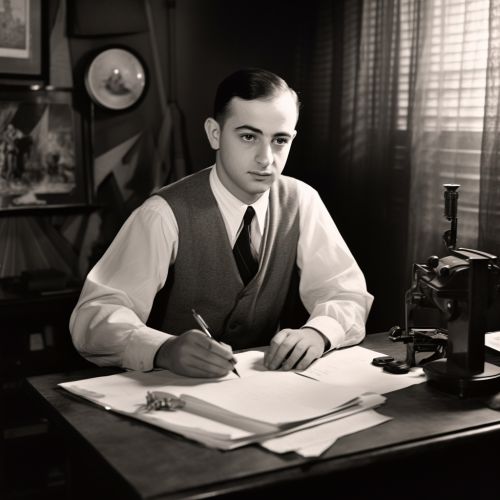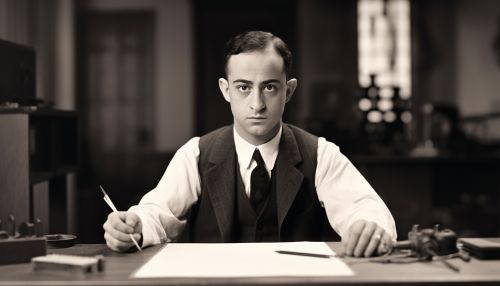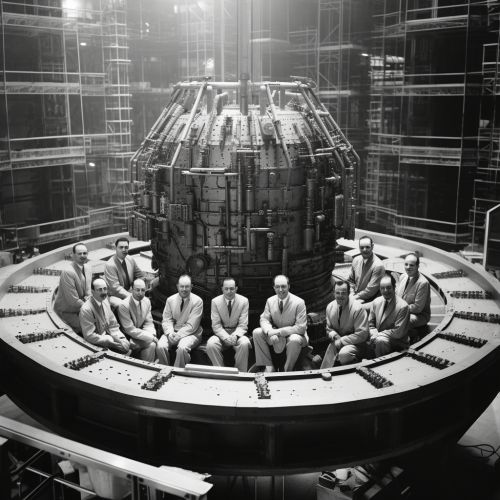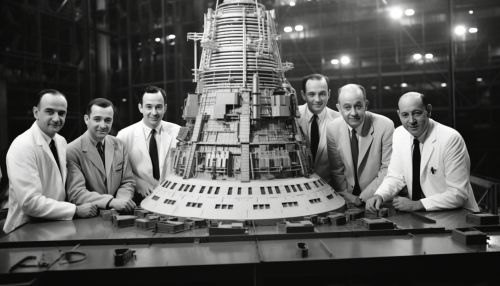Enrico Fermi
Early Life and Education
Enrico Fermi was born on September 29, 1901, in Rome, Italy. His parents were Alberto Fermi, a Chief Inspector of the Ministry of Communications, and Ida de Gattis, an elementary school teacher. Fermi showed an early interest in physics, and by the age of 14, he had taught himself advanced mathematics and physics.
Fermi graduated from high school in July 1918 and, at the age of 17, he applied to the Scuola Normale Superiore in Pisa. His exceptional scores in the entrance exams earned him a place in the prestigious institution. In 1922, Fermi graduated with a doctorate in physics, presenting a thesis on X-ray diffraction.


Career and Achievements
Fermi's early career was marked by significant contributions to quantum theory. In 1926, he discovered the statistical laws, now known as Fermi-Dirac statistics, which describe a system of particles that obey the Pauli exclusion principle. This work, along with that of Dirac, led to the development of the field of quantum statistics.
In 1934, Fermi made his most significant contribution to nuclear physics. He developed a theory of beta decay, postulating the existence of the neutrino, a particle with no charge and little or no mass. This theory, known as Fermi's interaction, was a major step in the development of the weak nuclear force theory.
In 1938, Fermi received the Nobel Prize in Physics for his "demonstrations of the existence of new radioactive elements produced by neutron irradiation, and for his related discovery of nuclear reactions brought about by slow neutrons".
During World War II, Fermi was instrumental in the development of the atomic bomb as part of the Manhattan Project. He led the team that designed and built Chicago Pile-1, the first nuclear reactor, which went critical on December 2, 1942.


Later Life and Legacy
After the war, Fermi accepted a professorship at the Institute for Nuclear Studies at the University of Chicago, where he continued his research in nuclear physics. He also became an advocate for peaceful uses of nuclear energy and a critic of nuclear weapons.
Fermi died of stomach cancer on November 28, 1954. His legacy in the field of physics is immense. The Fermi National Accelerator Laboratory, the Enrico Fermi Nuclear Generating Station, and the synthetic element fermium are named in his honor. His work continues to influence the field of nuclear physics and the study of fundamental particles.
